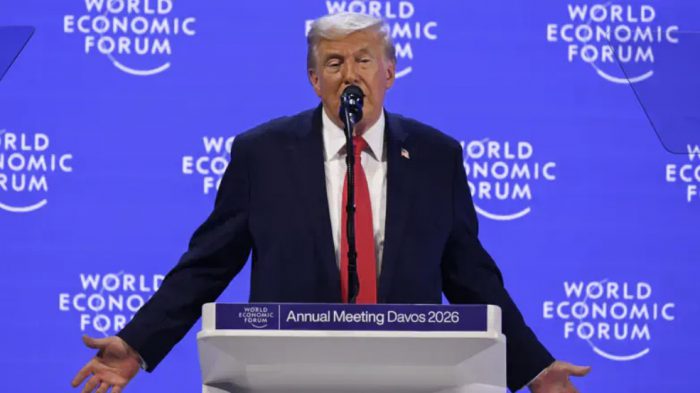Magnum’s parent firm removes Ben & Jerry’s anti-Israel board chair Anuradha Mittal after probe, signaling corporate backlash to BDS extremism.
In a dramatic shake-up ahead of Unilever’s corporate spin-off, Magnum Ice Cream Company has announced that the chair of Ben & Jerry’s board “no longer meets the criteria” to serve, according to a filing with the U.S. Securities and Exchange Commission (SEC) released Monday.
While the filing did not name her directly, it is widely understood that the decision refers to Anuradha Mittal, the longtime Ben & Jerry’s chair who has been at the center of a storm of controversy over her anti-Israel positions.
The decision follows internal investigations and comes amid intensifying tensions between Unilever and its rebellious Ben & Jerry’s subsidiary, whose leadership has repeatedly courted controversy through radical political activism.
Unilever’s frozen dessert arm — which includes Magnum, Cornetto, Wall’s, and Ben & Jerry’s — is being spun off into an independent public company, with a primary listing set for December 8 in Amsterdam.
The rift between Unilever and Ben & Jerry’s began in 2021, when the Vermont-based brand announced a boycott of Judea and Samaria (the West Bank) — a move condemned across the political spectrum as antisemitic and discriminatory.
At the time, Mittal defended the decision, writing on social media:
“I am proud of Ben & Jerry’s for taking a stance to end sale of its ice cream in the Occupied Palestinian Territory.”
That same year, watchdog group StopAntisemitism.org named Mittal “Antisemite of the Year,” citing her leading role in pushing Ben & Jerry’s toward BDS-style boycotts targeting Israel.
The company’s activism has continued to stir outrage. In January 2025, Ben & Jerry’s filed a lawsuit against Unilever, accusing its parent of “silencing” the brand’s political messaging — including its pro-Hamas rhetoric during Israel’s war against Gaza terrorists.
By May, Ben & Jerry’s board publicly accused Israel of committing “genocide” in Gaza — a statement that sparked global backlash and internal crisis talks within Unilever.
Now, with Mittal’s removal, observers see a clear message: Unilever’s leadership has had enough of ideological extremism that damages business and alienates consumers.
The decision marks a major victory for those who have called for corporate accountability in the face of rising antisemitism cloaked as activism.
“This is long overdue,” said a senior industry analyst. “Mittal’s politics turned a beloved brand into a megaphone for hate. Her removal restores sanity to the boardroom.”
As the Unilever spin-off nears completion, industry insiders say the move could signal a broader shift — a corporate awakening against brands that use commerce to attack Israel and spread division.





